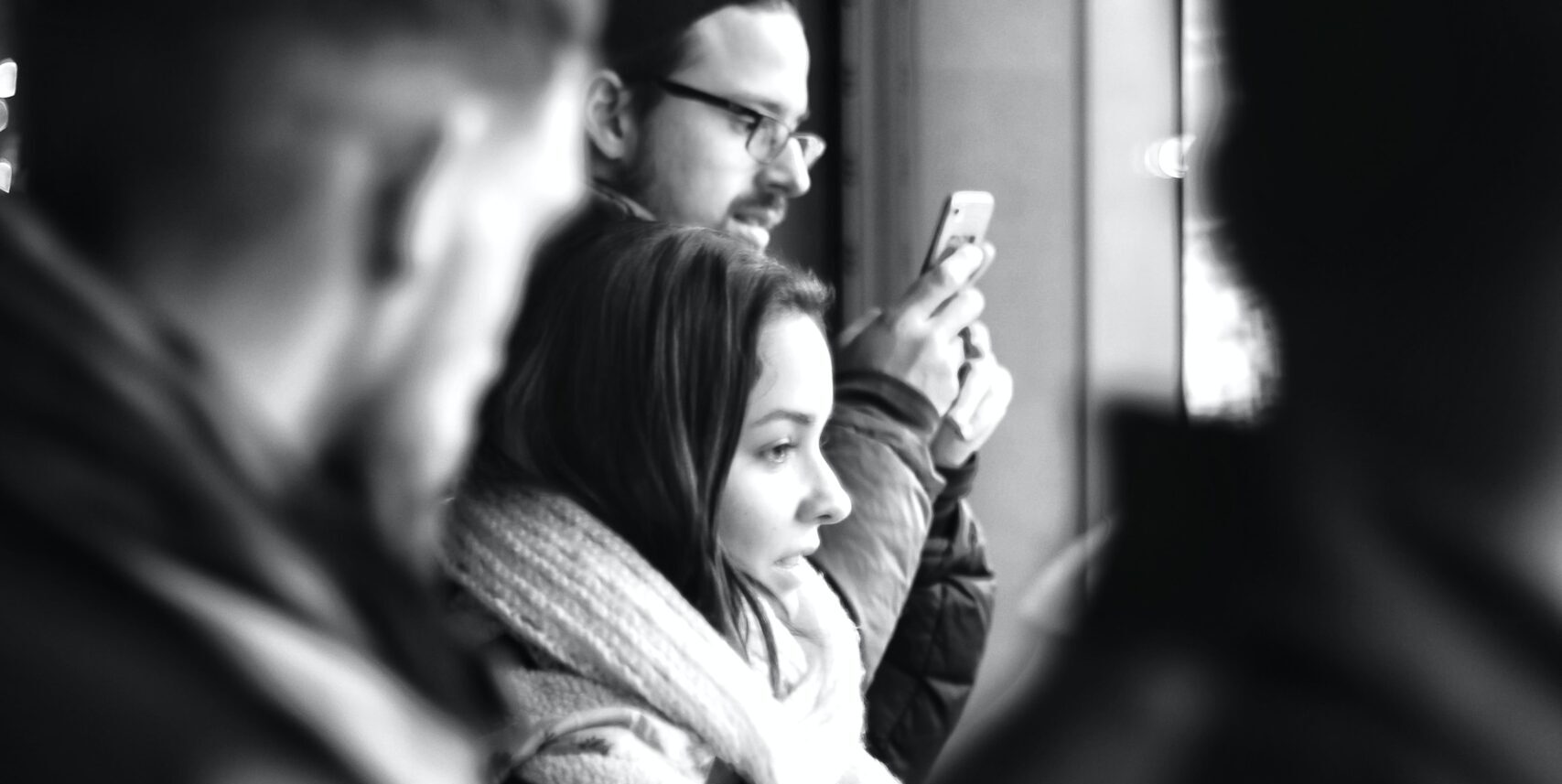Are all eyes really on you?
Many people have a recurring nightmare that they are in a public place, and everyone is staring. When they look down, they see they’re in their underwear. Or worse…
It’s very unlikely that most of us will ever have that happen in real life, but when you struggle with “the spotlight effect” you might feel something close to that. Even in much fewer embarrassing situations. Here’s what you need to know about what the spotlight effect is, what usually triggers it, and how you can start to get control over the anxiety that usually comes with it.
What Is the Spotlight Effect?
The Spotlight Effect is the tendency to overestimate how much attention is on us, how much other people are paying attention to our appearance or behaviour.
Tom Gilovich and colleagues published a paper published in the Journal of Personality and Social Psychology in 2000. In this study, “the researchers brought in groups of students to complete an unrelated task in the same room, and randomly assigned one of the students to put on an embarrassing t-shirt (if you must know, it was a t-shirt of Barry Manilow, which the researchers had previously established was highly embarrassing for this college population)” (Mendoza-Denton, 2012). The researchers asked the students wearing the embarrassing t-shirt to estimate how many people in the room noticed what they were wearing. The students wearing the shirt estimated that about 50% of the room noticed. In reality, only 25% of the people in the room were able to identify the Barry Manilow shirt. Interestingly enough, when different students were asked to watch these groups’ recordings and estimate how many people they thought would notice the shirt, they had a similar estimate to the reality- about 25%. This means that actually wearing the shirt and being in the situation caused people to overestimate how many people would notice drastically. - https://www.cabrini.edu/blog/2020-2021-blogs/reducing-social-anxiety-the-spotlight-effect#:~:text=There%20is%20something%20in%20psychology,to%20dilute%20some%20of%20that.
Whether we like it or not, we tend to think that whenever we go anywhere, people notice us. Sometimes, we like that. We might like to be noticed and paid attention to. But for some people, that kind of attention is the stuff of nightmares.
This can often increase our anxiety if the attention is unwanted. When all we really want is to blend into the background and be invisible, it may instead feel like every time we leave our homes, everyone is staring at us, watching our every move.
People suffering from anxiety are already self-conscious by nature, and the feeling of being under a microscope (even when they’re actually not) can exacerbate the problem. In fact, some people feel so self-conscious when they go out that they might develop other problems like social phobia or even agoraphobia, which are much more serious conditions that can prevent them from going out or leading normal lives.
How Is the Spotlight Effect Treated?
If you suffer from anxiety and find that you can’t get past the irrational fear that everyone is watching your every move that is triggered by the anxiety effect, you might find that you start avoiding social situations. Eventually, you might start trying to avoid all situations where you have to be around other people, and it might start affecting work, school and more.
Treatment for this kind of anxiety triggered by the spotlight effect and the biases that come with it is the same as for many other anxiety related conditions. If you seek professional psychology help, you might be given a combination of therapy and medication.
The medication helps to mute the anxiety and feelings that the spotlight effect triggers, while the therapy helps you to find the reason for your fears, and to find better ways to cope.
Focus On Other People
The problem with anxiety and the spotlight effect is that people who struggle with this are typically focusing all their attention inward. We’re so sure that everyone is watching our every move that we don’t have a rational approach to the situation or our feelings.
The truth is that most of the time, unless we’re doing something very strange indeed, most people won’t even notice us. There’s even a term called the “illusion of transparency” where it feels like people around us can see what we are thinking and feeling. When anxiety is turning your thoughts and feelings upside down, you might think everyone can tell, but the truth is, you’re probably just another face in the crowd.
One way psychology says we can overcome this is to intentionally focus our attention outwards. Instead of focusing on what you feel, pay close attention to what people are really doing around you. Chances are, many of them won’t even be looking at you. They might be in conversation, reading a book or looking at something else.
In fact, if you think about it, how many times could you even describe what someone who passes you is wearing? There’s no reason for anyone else to be paying you any more attention than you do those people on the street.
Further, be mindful of what you’re doing and how strong the spotlight effect is in yourself. If you are so worried about what others think of you, chances are that other people are also worried about what you might think of them! They are more concerned with themselves than with you, just as you are too!
Moreover, modern psychology has treatments for all kinds of biases, anxiety, and phobias, and it is possible to get past things like this. You don’t have to suffer in silence, and you don’t have to let it keep you away from all social situations. The sooner you seek help the better, but even if you’ve been struggling for a while, take the first step. You can learn to cope, and the world doesn’t have to be such a scary place. Anxiety, in all its forms, is very common, and you are definitely not alone.

